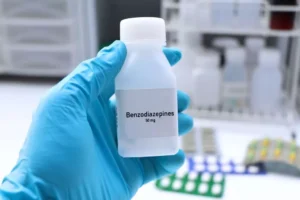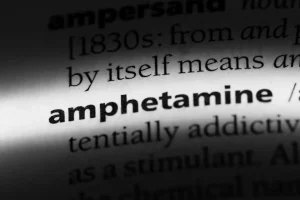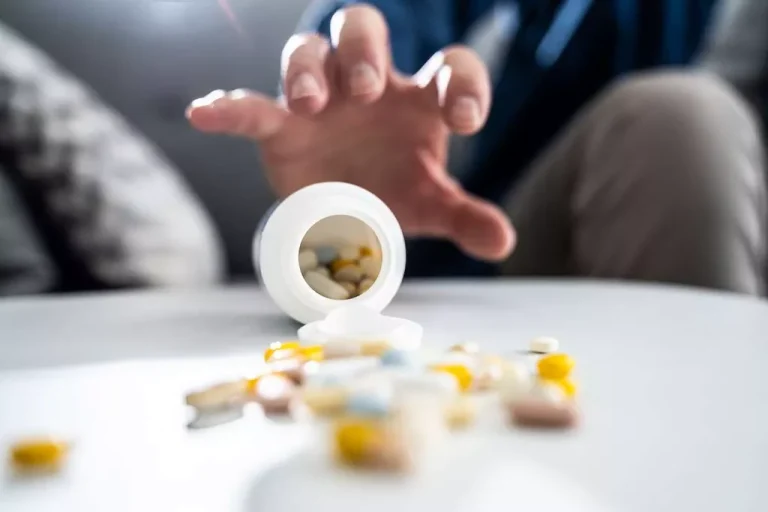
On the other hand, their mask could start to slip, giving you a glimpse of the vulnerable inner self hiding behind the narcissist’s disguise. They may also defend the narcissist’s actions and make excuses for them, even if they are hurtful or abusive. This behavior is a defense mechanism that allows enablers to avoid confronting the reality of the situation and the narcissist’s behavior.
What are the potential consequences of being in a relationship with a narcissistic alcoholic?
They will support you through the journey of overcoming addiction and dealing with the underlying personality issues, which will ultimately pave the way for a healthier, happier life. The coexistence of NPD and alcohol addiction can lead to a range of mental health disorders, including depression, anxiety, and distress. The Diagnostic and Statistical Manual of Mental Disorders (DSM) classifies NPD as a mental health disorder characterized by a pervasive need for admiration, sense of entitlement, and lack of empathy.

What are some common traits of individuals with both narcissism and alcohol addiction?
Because a person with NPD will often approach therapy with ambivalence or negative feelings, they are more likely to discontinue therapy early or have a harder time tolerating the discomfort of the treatment process. The outlook is even better in people with mental illness who misuse alcohol and other substances. By doing Twelve-step program so, a person is less likely to be “over-treated” for a condition they may not actually have.

Treating Alcoholism and Narcissism

In many cases, the journey to recovery involves understanding the emotional component of addiction. Addressing the underlying depression, denial, or childhood trauma that drives both narcissism and alcohol consumption can provide the clarity needed for lasting change. As an alcoholic narcissist, you may employ avoidant behavior, projecting blame onto others, or rationalizing your drinking to protect your ego and self-image. Acknowledging your addiction and the need for help is the first step towards recovery. These behaviors are also seen in people with alcoholism (also known as a severe alcohol use disorder) and drug use or substance use disorders. Another study from 2019 found a link between drinking and the narcissistic traits of devaluing and entitlement-rage.
- There are no medications to treat NPD, but if you also experience depression or another mental health condition, a doctor may prescribe medications to treat the other condition.
- While they may not show it outwardly, criticism is especially unbearable for a narcissist.
- For instance, they tend to demonstrate a lack of empathy and are prone to anger, irritability, and impulsivity outbursts.
- Grandiose narcissism was a positive predictor of alcohol consumption and a positive (i.e., good) evaluation of alcohol-related problems.
Multiple regression analyses were conducted in Stata 14 (StataCorp, 2014). Five outcome variables (alcohol use, problems, and problem recognition, expectancies and evaluations) were tested in steps. For each regression model, gender, social desirability, and alcohol use (in the models where it wasn’t the outcome) were entered at Step 1. Though age was collected, it was not controlled for due to the sample being so homogenous. At Step 2 the types of narcissism, vulnerable and grandiose, were simultaneously entered into the model. Non-drinkers were excluded from the alcohol problems model and participants that did not complete the questionnaire for the outcome variable were excluded from the appropriate model causing different degrees of freedom.
- This may include practicing mindfulness, engaging in physical activity, or finding creative outlets for stress relief.
- When someone is deep in an alcohol addiction, they become very self-absorbed.
- Alcohol lowers inhibitions, making it easier for narcissists to act on their desires and impulses without feeling restrained by social norms or consequences.
- Alcoholism and Narcissistic Personality Disorder have some overlapping behaviors.
- If you know someone who regularly uses alcohol, it’s possible that narcissism might be one of the influencing factors.
- They tend to display more passive-aggressive behaviors, self-pity, and a victim mentality.
Grandiose Narcissism and Alcohol Outcomes
Although NPD can’t be cured, someone with NPD can change their behavior if they’re willing to put in the time and effort, according to research from 2018. With both conditions, the benefits of therapy depend on your willingness to work on yourself. Each person needs a different treatment method depending on their unique situation, and as such, not everyone will have the same treatment program. People with AUD or NPD might resist getting treatment or looking for help. It’s possible for people with AUD to successfully stop using alcohol when they have the right support and treatment.

- A mental health professional can help you diagnose and treat any underlying mental health disorders that may be contributing to your alcoholism and narcissism.
- People with alcohol use disorder, also known as alcoholism, can display patterns of narcissism, including self-absorption and an underlying craving for admiration.
- When seeking treatment for alcohol addiction, it is important to locate a treatment program that offers a medically supervised detox program to help manage the dangerous withdrawal symptoms of alcohol.
- First, it demonstrates that there are both adaptive (i.e., grandiose fantasy) and maladaptive (i.e., devaluing others) aspects to narcissism in relation to drinking outcome variables.
The final analysis sample was 345 participants, which represents about 90% of the original 383 participants. Thirteen additional outliers were included but reduced in value to one unit greater than the nearest non-outlying value.42 Variables included in the analyses were relatively normally distributed. This was measured by the Readiness to Change Ruler for Decreased Drinking.37 Participants rated their level on the ruler ranging from 0 (Never think about my drinking) to 10 (My drinking has changed. I now drink less than before). The results speak to the effects that different types of narcissism have on alcohol use, alcohol problems and attitudes towards alcohol problems among young adults. By working with a professional therapist or engaging with a 12-step program, you can develop self-awareness and start to break down those barriers that prevent you from addressing your alcohol-related issues.
Overlapping causes and risk factors

Psychotherapy, a popular treatment for narcissistic personality disorder, can be beneficial in improving empathy and building healthy relationships. To tackle alcohol use disorders, Cognitive Behavioral Therapy (CBT) can be quite effective in learning to identify triggers and cope with cravings. Another therapy, Dialectical Behavior Therapy (DBT), focuses on developing effective skills in handling emotions and interpersonal relationships. In certain situations, medications may be used to alleviate co-occurring mental health disorders. Grandiose narcissism was also a significant predictor of a positive alcohol problem evaluation, over and above alcohol use, social desirability and vulnerable narcissism. In other words, grandiose narcissists are more likely to regard the alcohol problems that they may encounter as good.
NPD increases the risk of alcohol misuse as a means to escape difficult emotions. While diagnosis and treatment can be challenging, studies have shown that the successful treatment of a mental illness can lead to alcohol recovery in two out of every three cases. Some common traits of individuals with both narcissism and alcohol addiction include a sense of entitlement, grandiosity, impulsivity, and a lack of empathy. As a result, these characteristics can make it difficult for them to maintain healthy relationships and engage in self-destructive are all alcoholics narcissists behavior.
